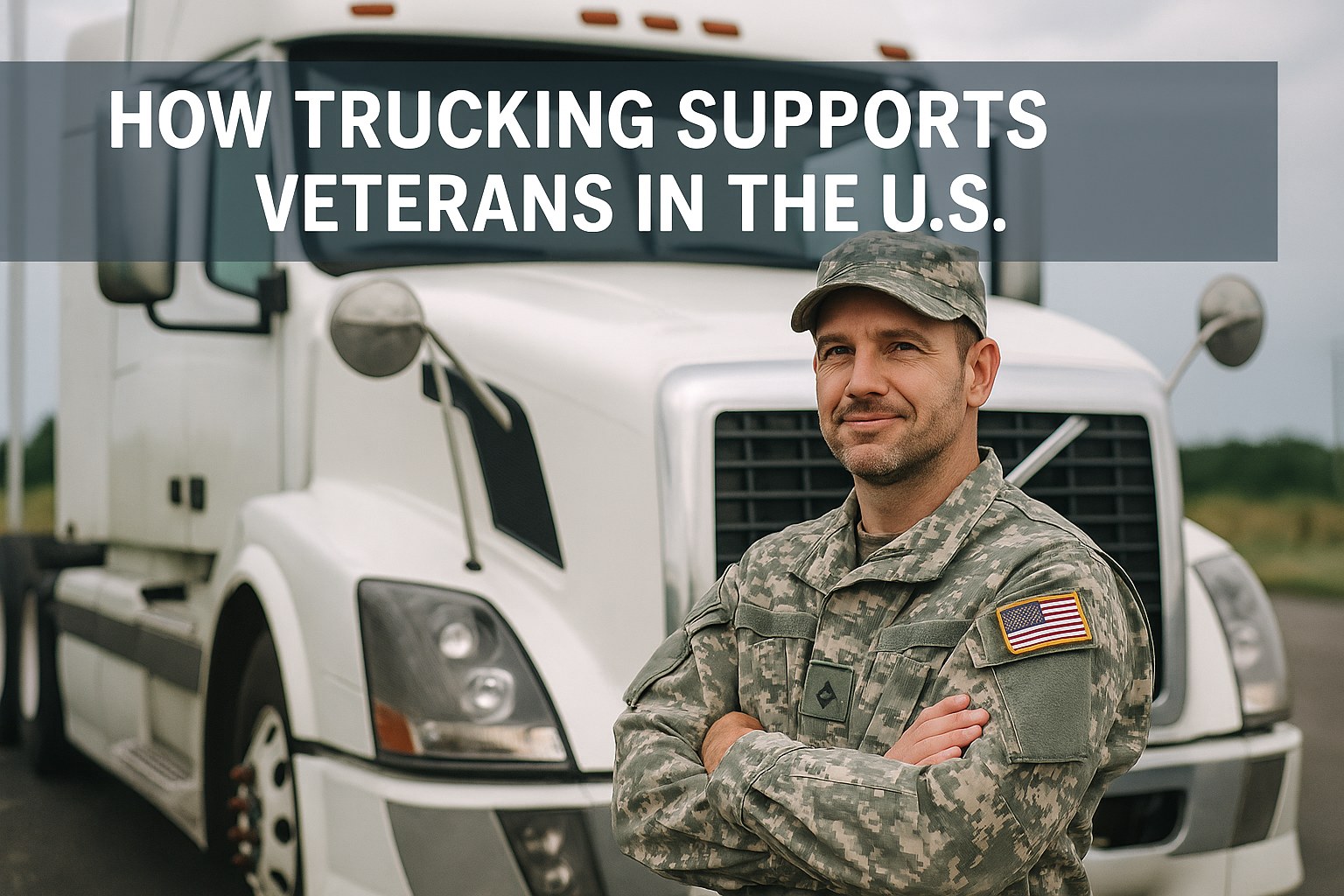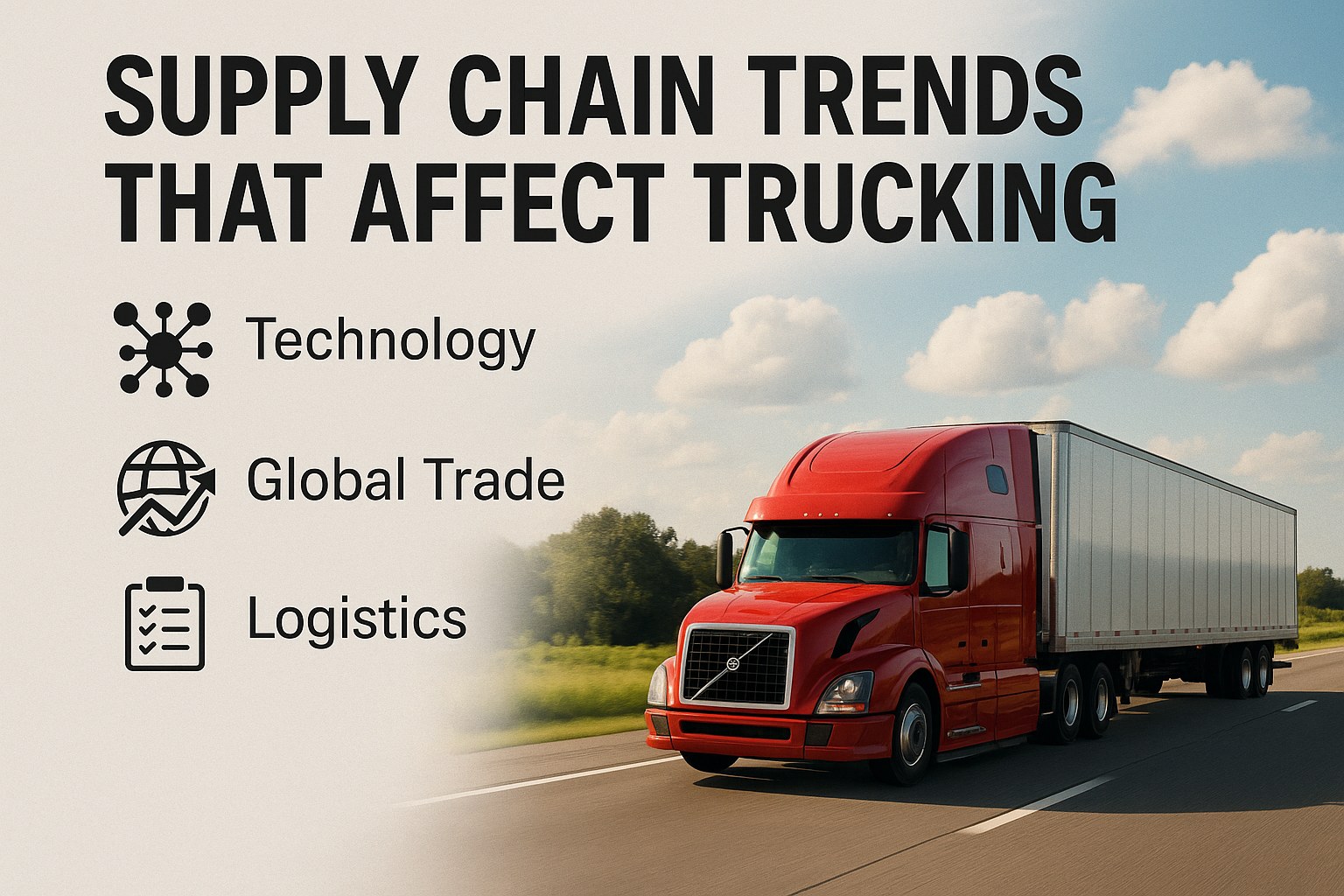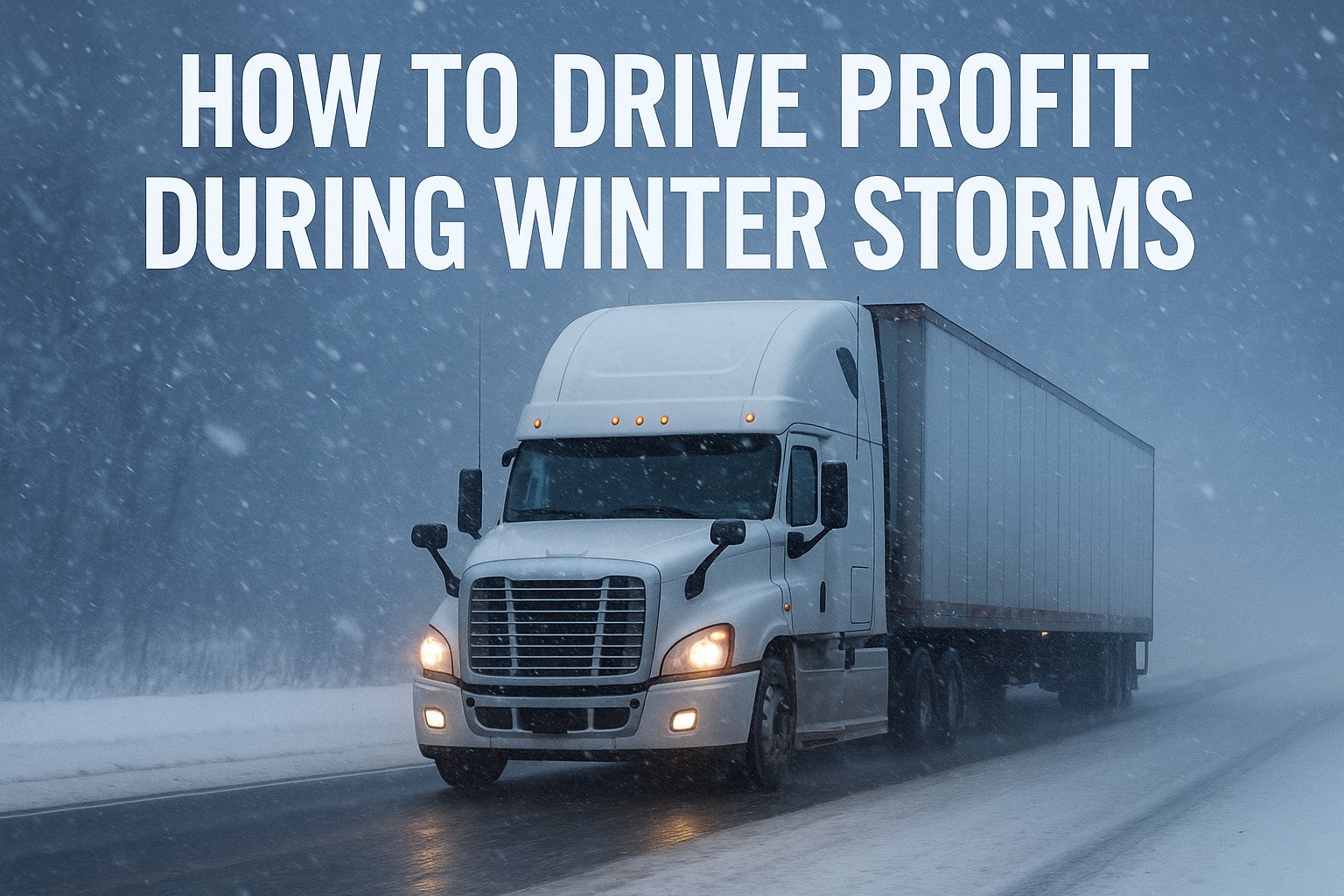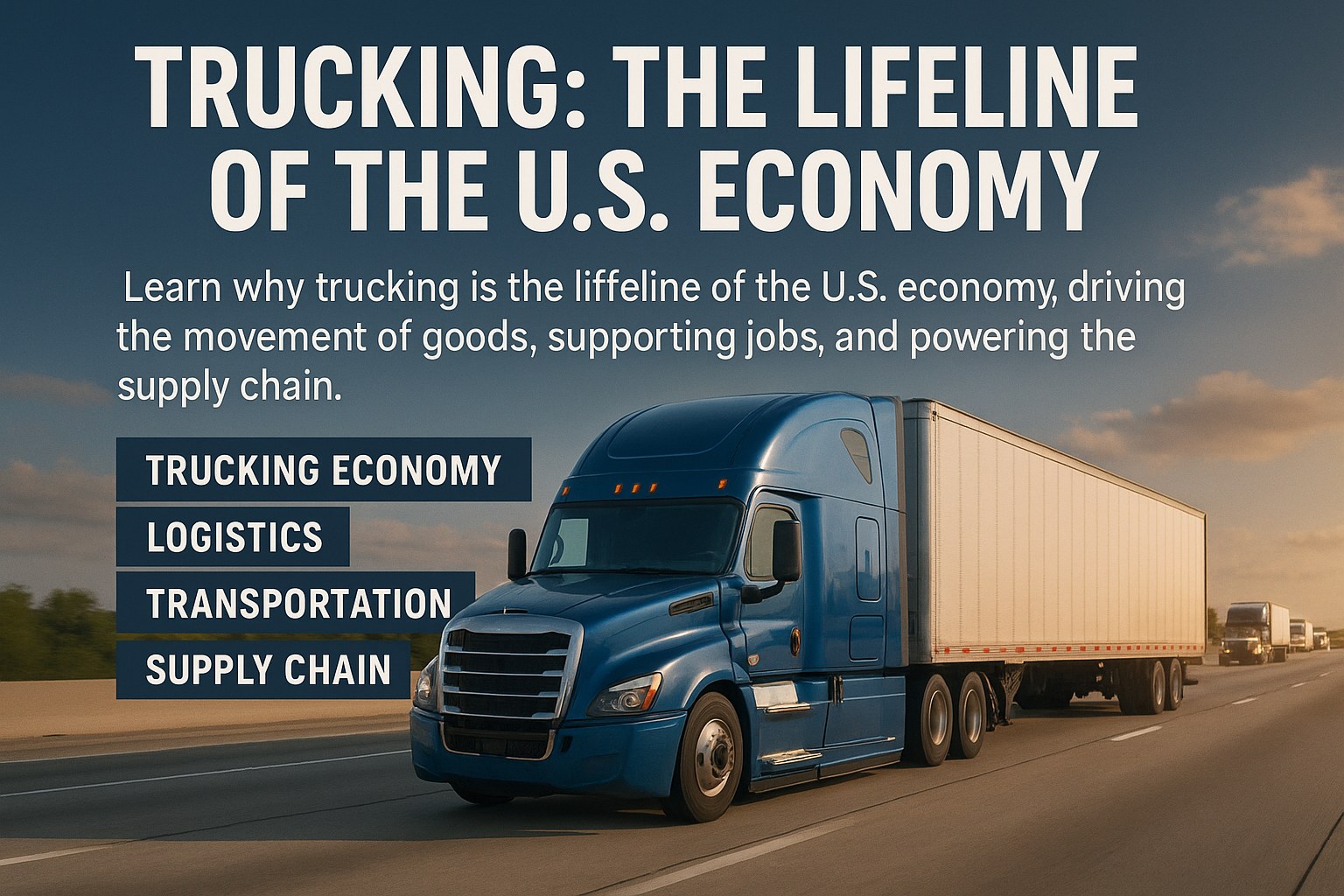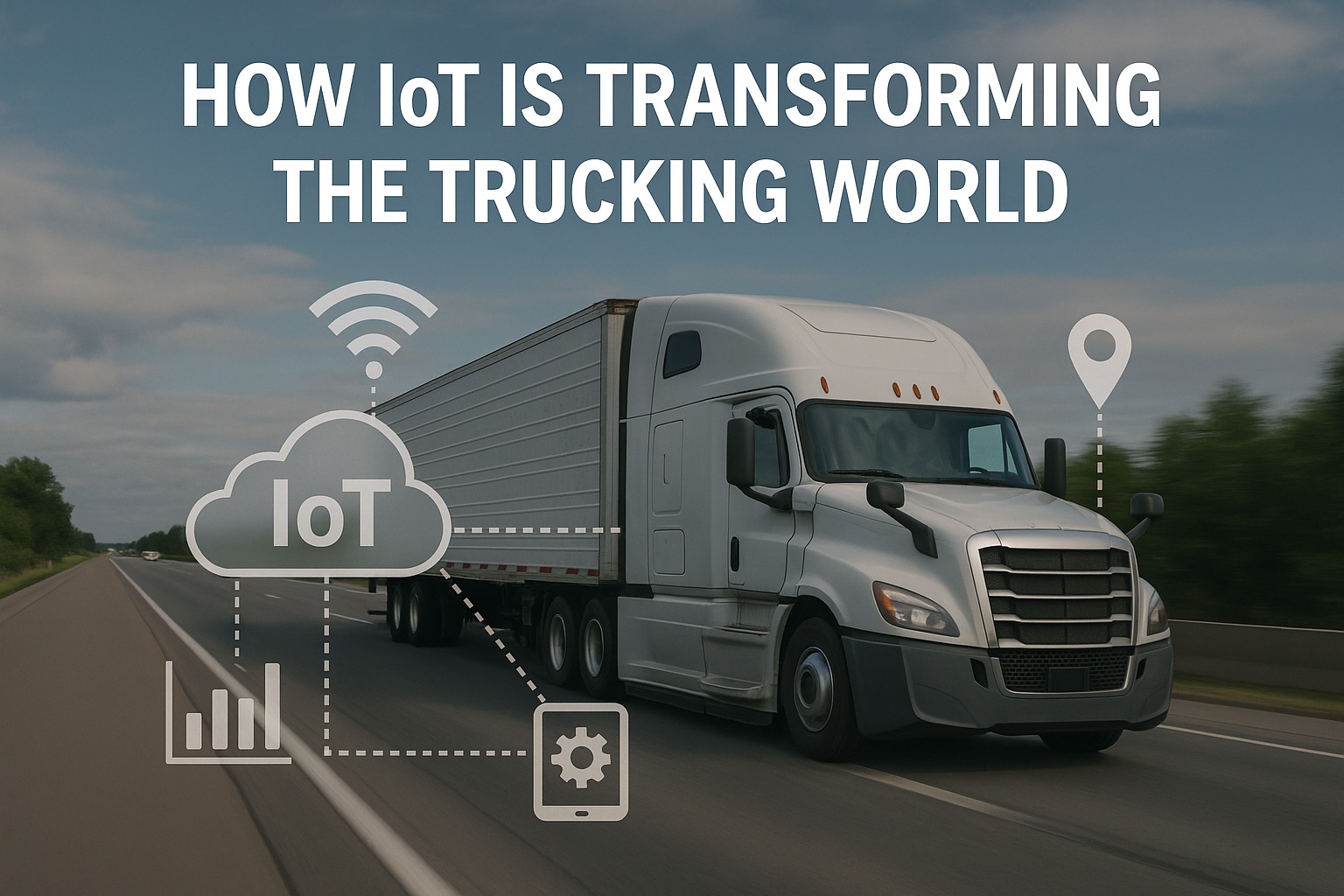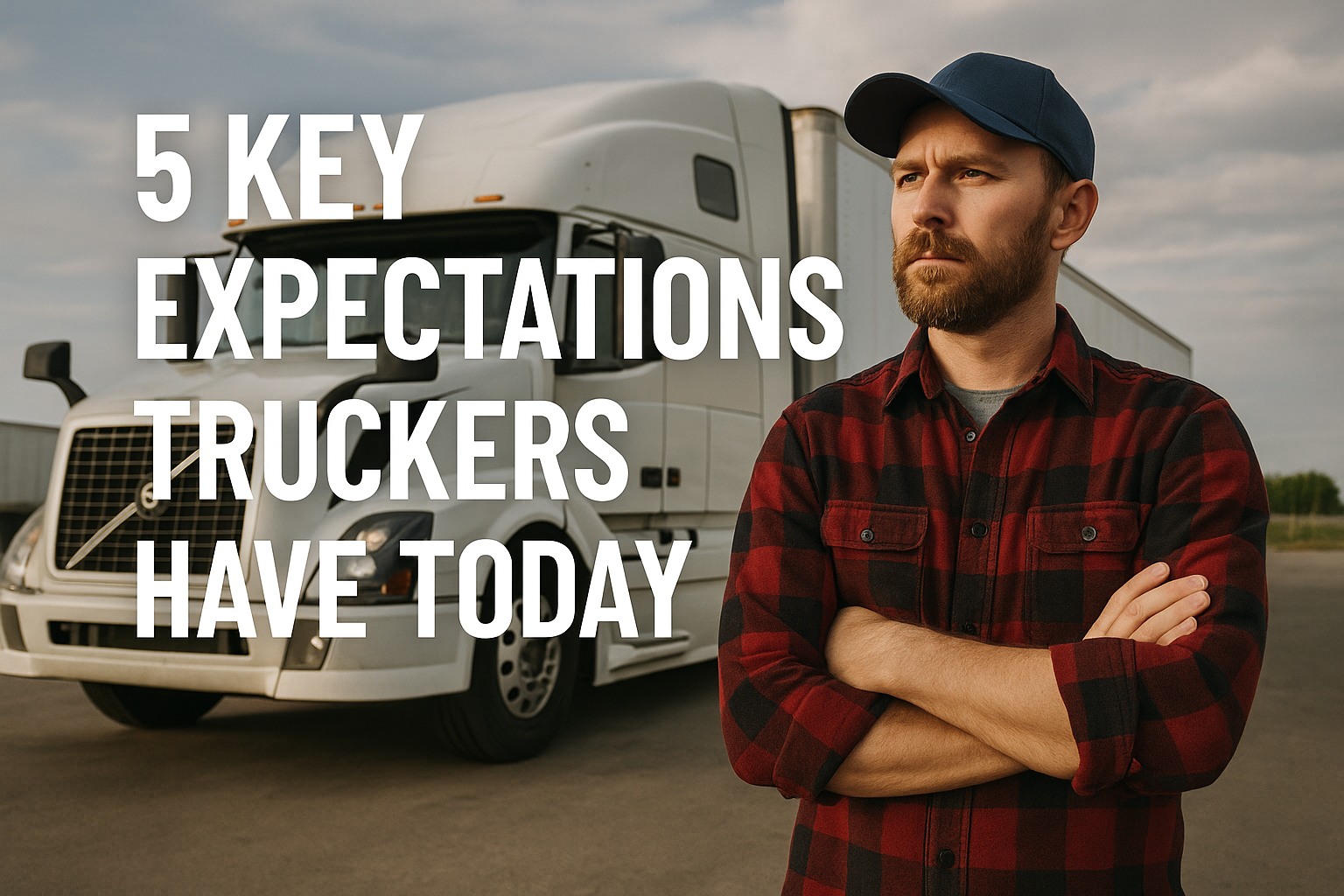The Natural Alliance Between Military Service and Professional Trucking
Veterans bring invaluable skills perfectly aligned with trucking industry needs: leadership under pressure, safety consciousness, mechanical aptitude, and unwavering commitment to mission completion. Fleet operators report that veteran drivers have 23% better safety records and 41% higher retention rates than civilian counterparts, making them ideal candidates for an industry facing severe workforce challenges.
200,000+
Veterans in trucking
$75,000
Average veteran driver salary
23%
Better safety records
94%
Veteran job satisfaction
How the Trucking Industry Champions Veteran Employment
1. Military Skills Translation Programs
15,000+ Veterans Licensed AnnuallyProgram Focus: Converting military driving experience to CDL credentials
Veteran Benefit: Fast-track licensing in 2-3 weeks vs 8-10 weeks
Industry Impact: $45 million saved in training costs annually
Leading carriers partner with the VA to recognize military driving experience, allowing 88M (Motor Transport Operators) and similar MOSs to bypass redundant training while ensuring all safety standards are met. Veterans with heavy vehicle experience can often test out of basic requirements.
2. Registered Apprenticeship Programs
$40 Million in GI Bill Benefits UsedProgram Focus: DOL-registered apprenticeships using education benefits
Veteran Benefit: Earn while learning with housing allowance
Industry Impact: 87% completion rate vs 45% traditional programs
Trucking companies offer 12-24 month apprenticeships where veterans use GI Bill benefits for on-the-job training, receiving monthly housing allowances while earning full driver wages. This dual-income approach removes financial barriers to career transition.
3. Hiring Our Heroes Partnerships
50,000+ Veterans Hired Since 2011Program Focus: Direct recruitment through veteran job fairs
Veteran Benefit: Guaranteed interviews and preferential hiring
Industry Impact: Major carriers exceeding 25% veteran workforce
Through partnerships with Hiring Our Heroes and similar organizations, trucking companies participate in hundreds of veteran career fairs annually, offering on-the-spot interviews and conditional job offers to qualified candidates.
4. SkillBridge Transition Programs
Up to 6 Months Paid TrainingProgram Focus: Pre-separation civilian work experience
Veteran Benefit: Seamless military-to-trucking transition
Industry Impact: 92% job placement rate post-service
DoD SkillBridge allows active-duty service members to work with trucking companies for up to 180 days before separation, maintaining military pay and benefits while gaining civilian experience and CDL certification.
5. Comprehensive Support Networks
41% Higher Retention RatesProgram Focus: Ongoing veteran and family support services
Veteran Benefit: Mental health resources and peer mentorship
Industry Impact: Reduced turnover saves $125 million annually
Progressive carriers establish veteran resource groups, PTSD-aware policies, military spouse employment programs, and veteran-to-veteran mentorship systems that address unique challenges of military-to-civilian transition.
Build a Veteran-Ready Fleet Operation
Implement best practices for recruiting, training, and retaining military veterans. Strengthen your workforce with those who've already proven their dedication to service and excellence.
Veteran Integration Success Strategies
| Strategy Component | Implementation Method | Success Metrics | ROI Timeline |
|---|---|---|---|
| Military-Friendly Recruiting | Base job fairs, online portals | 3x application rates | Immediate |
| Skills Translation | MOS crosswalk tools | 70% faster licensing | 2-3 weeks |
| Mentorship Programs | Veteran-to-veteran pairing | 85% first-year retention | 6 months |
| Family Support | Spouse employment assistance | 92% satisfaction | 3 months |
| Career Advancement | Leadership fast-track | 2.5x promotion rate | 12-18 months |
| Industry Impact: Fleets with comprehensive veteran programs report $1.2M annual savings per 100 drivers through reduced turnover and improved safety. | |||
Resources and Benefits for Veteran Truckers
Training Resources
- FMCSA military skills test waiver
- VA-approved truck driving schools
- Company-sponsored CDL programs
- State veteran education grants
Value: $8,000-$15,000
Financial Benefits
- GI Bill housing allowance
- Sign-on bonuses up to $10,000
- Tool and equipment stipends
- Referral bonus programs
Value: $25,000+ annually
Support Organizations
- Veterans In Trucking Association
- Troops Into Transportation
- FastPort veteran programs
- DAV employment network
24/7 assistance available
Implementation Timeline
Foundation Phase
Months 1-2
- Establish veteran hiring goals
- Create military-friendly policies
- Train HR on veteran culture
- Develop translation tools
Recruitment Phase
Months 3-4
- Partner with veteran organizations
- Attend military job fairs
- Launch SkillBridge program
- Create veteran referral incentives
Integration Phase
Months 5-6
- Implement mentorship programs
- Establish resource groups
- Track initial metrics
- Gather feedback
Optimization Phase
Ongoing
- Refine support programs
- Expand partnerships
- Celebrate success stories
- Scale best practices
Common Challenges in Veteran Integration
❌ Military-to-Civilian Culture Shift
Challenge: Different communication styles and workplace expectations
Solution: Pair veterans with experienced veteran mentors, create structured transition programs
❌ Skills Documentation
Challenge: Translating military experience to civilian qualifications
Solution: Use automated MOS-to-CDL crosswalk tools, partner with veteran service organizations
❌ Family Stability
Challenge: Relocation stress and spouse employment
Solution: Comprehensive relocation assistance and spousal career support programs
❌ Mental Health Support
Challenge: Addressing PTSD and transition stress
Solution: Partner with VA resources, provide confidential counseling access
❌ Career Progression
Challenge: Veterans unsure about civilian advancement paths
Solution: Clear career roadmaps showing progression from driver to management
❌ Initial Isolation
Challenge: Loss of military camaraderie
Solution: Create veteran resource groups and team-building activities
Honor Service Through Opportunity
Join the trucking industry's commitment to those who served. Build a stronger, more dedicated fleet while providing meaningful careers to America's veterans.
Frequently Asked Questions
Veterans with experience operating heavy military vehicles (over 26,001 pounds) within the past 12 months may qualify for FMCSA skills test waivers. This includes 88M Motor Transport Operators, 92F Petroleum Supply Specialists with vehicle operation duties, and similar MOSs. Veterans must still pass written knowledge tests and meet medical requirements. Each state has specific waiver programs, so check with your state's DMV for exact qualifications.
Veterans in registered trucking apprenticeships can receive full driver wages (averaging $65,000-$85,000 annually) plus monthly GI Bill housing allowances ($1,500-$3,000 depending on location). Over a 12-month program, total compensation often exceeds $100,000. Additionally, many companies offer veteran sign-on bonuses of $5,000-$10,000, making trucking one of the highest-paying career transitions available to veterans.
Top veteran-friendly carriers include Schneider (Operation Freedom), Werner (Freedom Fleet), J.B. Hunt (Military Apprenticeship), Prime Inc. (Prime Honors), and Stevens Transport (Veterans Initiative). These companies offer dedicated veteran recruiters, skills translation programs, mentorship networks, and veteran-specific benefits. Look for companies participating in Hiring Our Heroes, SkillBridge, and maintaining veteran workforce percentages above 15%.
The trucking industry accommodates many service-connected disabilities through modified equipment, flexible schedules, and supportive policies. Veterans with PTSD find trucking's independent nature therapeutic. Companies provide ergonomic seating for physical injuries, hearing aid-compatible communication systems, and flexible home time for medical appointments. The VA's Vocational Rehabilitation program covers CDL training costs for eligible veterans with service-connected disabilities.
Trucking offers unique advantages for veterans: immediate high earnings ($75,000+ average), minimal education requirements, job security (160,000 driver shortage), and work culture alignment with military values. Unlike many careers requiring 2-4 year degrees, veterans can earn CDLs in 3-7 weeks and start earning immediately. The 94% veteran satisfaction rate in trucking exceeds most other industries, largely due to mission-oriented work, clear objectives, and respect for experience.
